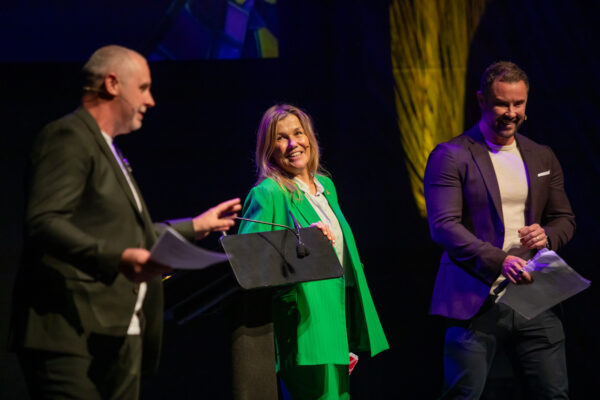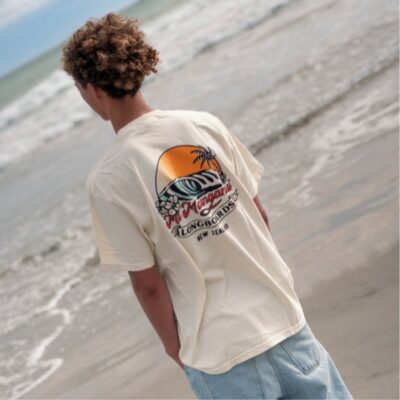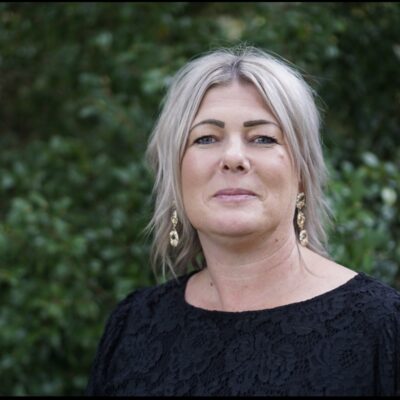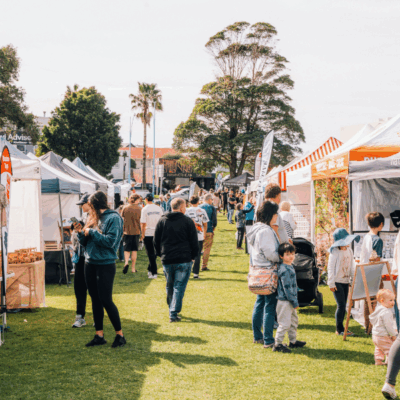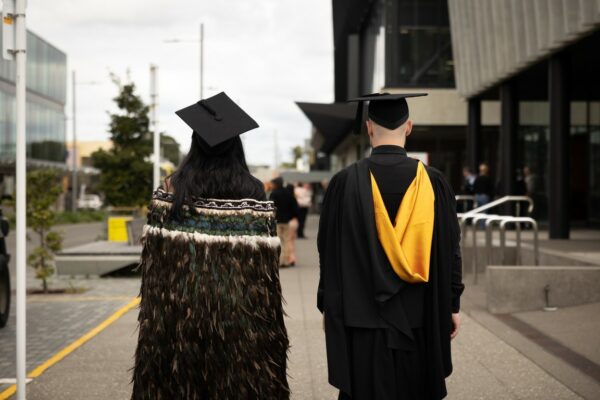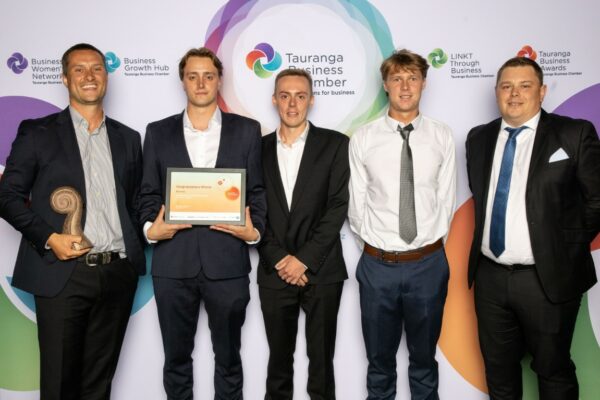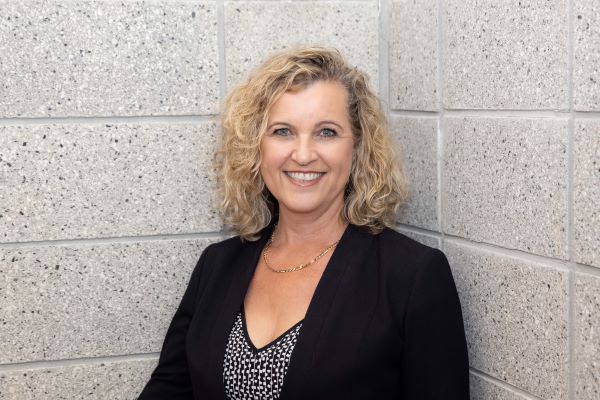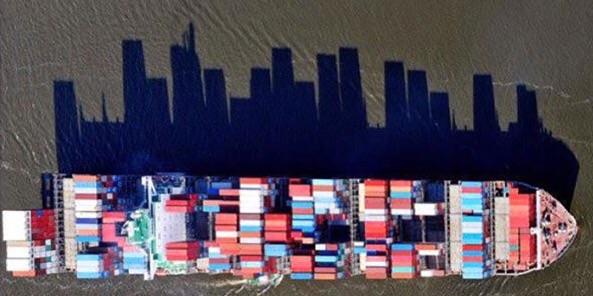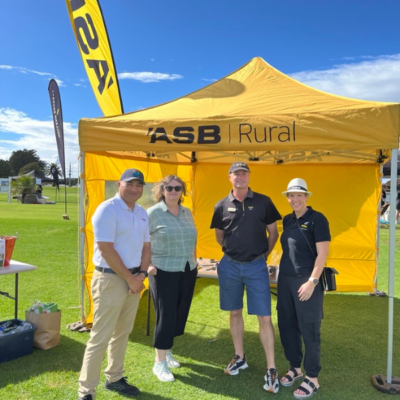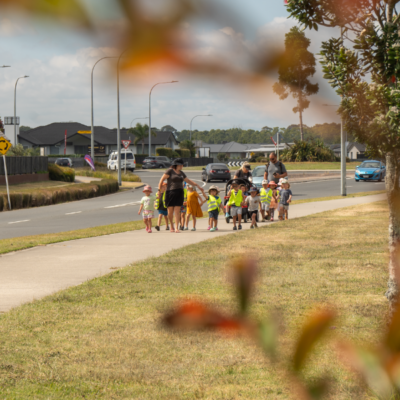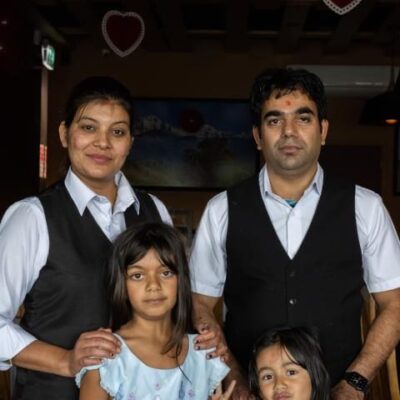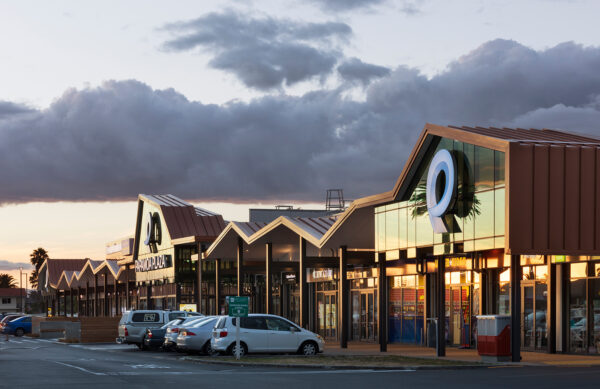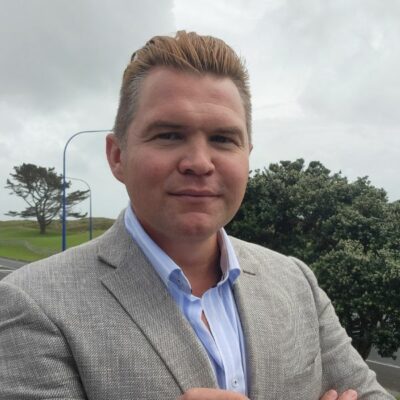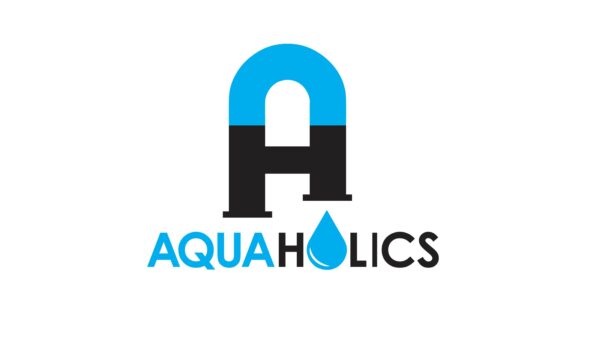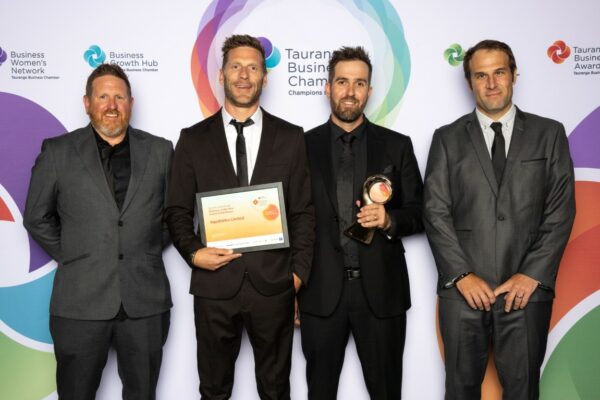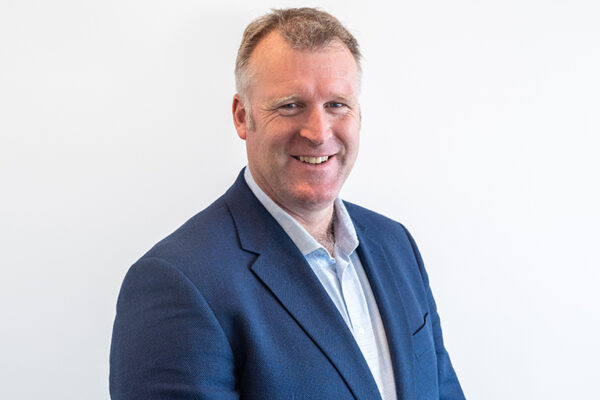Tauranga City Council commissioners are calling for community input to include in feedback to the Government on its three waters reform proposal.
Commission Chair Anne Tolley says the reform proposal is complex and much of the detail still has to be finalised, but potentially, it does offer an effective model for delivering high quality and affordable drinking water, wastewater and stormwater services.
“Research indicates that over the next three decades, huge investment will be required to ensure all New Zealand communities continue to have the safe, effective and sustainable water, wastewater and stormwater services they need,” she says.
“The fact is that the bar is continually being raised as new health and environmental standards evolve and communities grow. The reform proposal aims to get ahead of that and put a structure in place that can provide the investment and service quality required to futureproof three waters services.”
Council has until the end of September to consider the potential impact of the reform, identify areas of concern and advocate for the best outcomes for our community. As part of that process, residents can let council know if there is anything they want commissioners to raise with the Government by completing an online form or attending a community drop-in session (details to be confirmed, see below).
Key facets of the Government’s reform proposal
- There will be four new, regional water service entities across New Zealand. Tauranga is in ‘Entity B’, which includes the Bay of Plenty, Waikato and Taranaki regions.
- These entities will take over the management of water assets, debt and income streams from councils. Councils will jointly own the water entities on behalf of their communities.
- Councils and iwi/Māori will contribute to the objectives and priorities of these entities, through a proposed 50:50 governance model that honours the Treaty of Waitangi.
- The entities will be held to account by the drinking water regulator, Taumata Arowai, to ensure public health remains paramount. Other regulatory mechanisms are also being developed around economic, community and environmental outcomes.
- The new entities will be required to consult with communities.
- A funding package has been offered to ensure no council is financially “worse off” as a result of the reform. This would provide a total of $500 million in 2024, when the new water entities are anticipated to be established, to cover the costs councils face as a result of their participation in the reform and address any adverse impacts on financial sustainability.
- An additional future funding package has been offered to each council to ensure the reform leaves all communities “better off”. Based on a population/deprivation/land area formula, Tauranga would receive $48.5 million, with the bulk of the funding becoming available in 2024.
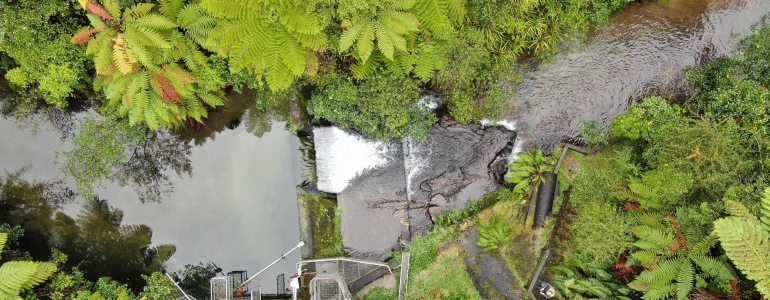
A key building block of the reform will be a partnership with tangata whenua, in accordance with the principles of the Treaty of Waitangi. The reform also aims to deliver the outcomes of Te Mana o te Wai, a set of principles co-designed with iwi/Māori to lift the water quality of our streams, rivers and lakes. Locally, this involves a commitment to working in partnership with Te Rangapū Mana Whenua o Tauranga Moana (the representative group for iwi and hapū in Tauranga).
Anne says that if the three waters service delivery stays as it is – managed by 67 separate councils – future service quality across the country will remain variable and the level of investment required will mean services will become unaffordable for many people.
“What’s proposed is a significant change and change always makes people feel uneasy. However, we have an opportunity to co-design a delivery model that will work for all New Zealanders and Tauranga City Council and the commissioners are keen to gauge the community’s views on what that model should look like and what safeguards are required to protect the community’s interests,” she adds.
Issues identified by the Commission for raising with central Government include:
- ensuring that our communities have an opportunity to provide local input into the reform process
- protecting our water assets against privatisation
- clarifying how we manage our water assets and staff during a transition period
- ensuring that Tauranga’s growth needs will be met in a timely fashion, and given appropriate consideration within Entity B’s priorities
- the impact of the reforms on stormwater, as the focus has mainly been on drinking water and wastewater.
The Commission is planning to hold information and feedback ‘pop-up’ sessions in Papamoa and Greerton during the week commencing 13 September 2021. Exact dates, times and locations will be shared with the community when confirmed (depending on COVID alert levels).
For more information on the three waters reform visit the website.
- Content supplied by Tauranga City Council.
